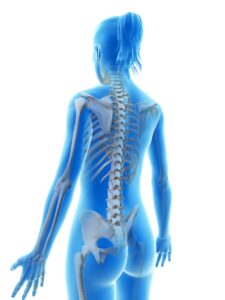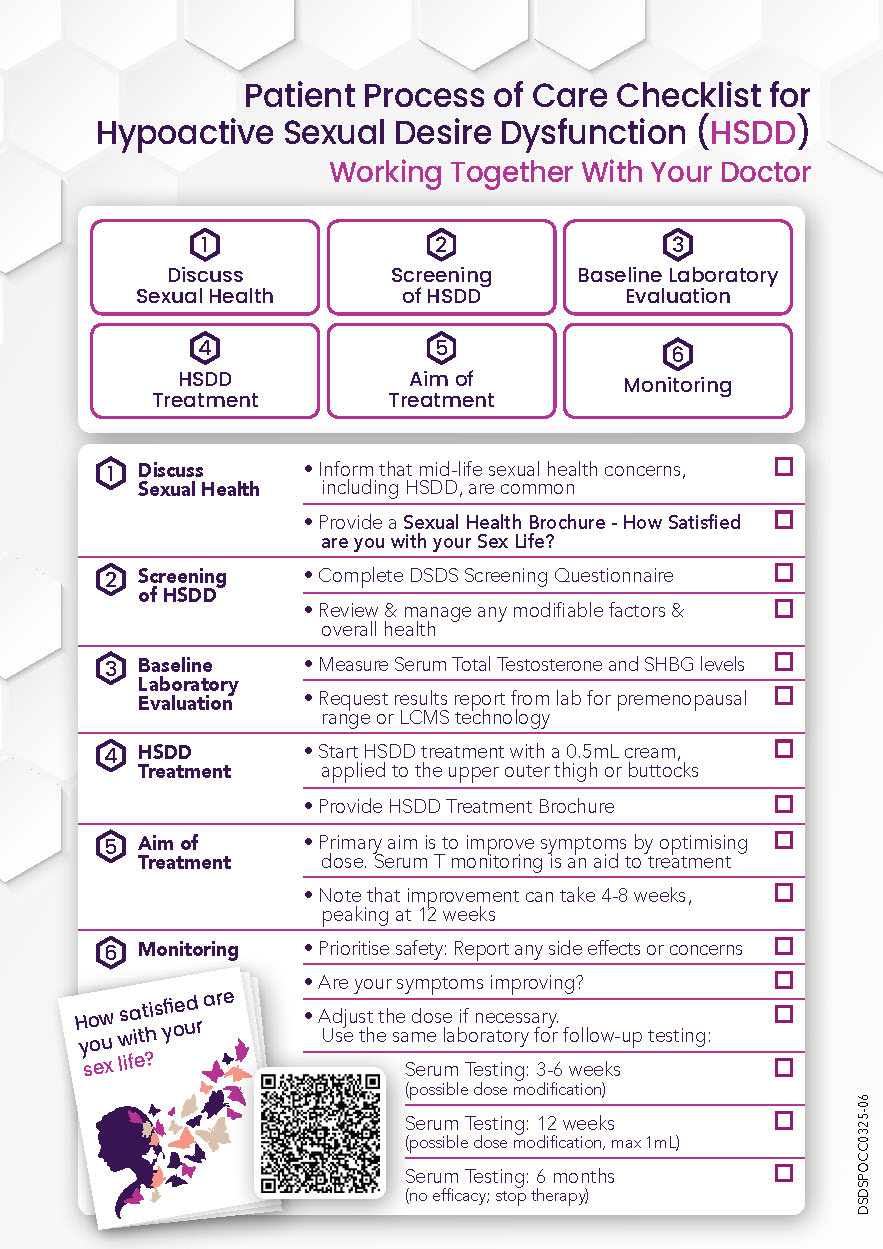Monash University: Bone Density Study

A study to prevent bone loss and
restore sexual function in women with
primary ovarian insufficiency
Melbourne and Perth

As many as 4 in every 100 Australian women go through menopause before the age of 40
years. This loss of ovarian function is called premature ovarian insufficiency (POI).
Women with POI do not produce sufficient estrogen or testosterone necessary for good
bone health. They experience progressive bone loss, increasing their risk of osteoporosis
(weakened bone strength) and fractures at a young age.
Despite adequate estrogen replacement many women with POI also experience sexual dysfunction.
There is some evidence that the addition of testosterone to estrogen replacement therapy
might prevent bone loss and restore sexual function in women with POI, but convincing
evidence from well conducted trials is needed.
The purpose of this research is to determine whether the use of testosterone therapy, in a
dose we have shown restores testosterone levels to those of premenopausal women,
prevents bone loss and improves sexual function in women with POI who are taking the
standard dose of oestrogen.
This is a 12-month study using topical testosterone cream applied to the skin on women aged under 45 years with primary ovarian insufficiency (complete loss of ovarian function before age 40).
Your participation would involve 5 visits with blood collection and bone density scans
To participate or for further information
Please contact:
Women’s Health Research Program
Monash University
Phone: (03) 99030827
Email: womens.health@monash.edu
The Women’s Health Research Program
Latest News
 HSDD – Patient Process of Care Checklist
HSDD – Patient Process of Care Checklist
Feeling Less Like Yourself? Let’s Talk About It. Sexual wellbeing is part of your overall health—and it’s okay to ask for help. If you’ve… Continue Reading →
 Did you know there is an initial screening tool to assist in the assessment of Hypoactive Sexual Desire Dysfunction (HSDD)?
Did you know there is an initial screening tool to assist in the assessment of Hypoactive Sexual Desire Dysfunction (HSDD)?
Low Sexual Desire is Common Sexual difficulties and concerns are common across a woman’s lifespan, increasing at midlife and beyond menopause. The DSDS (Decreased… Continue Reading →
 What Is the Best Way to Approach a Sexual Dry Spell in a Relationship?
What Is the Best Way to Approach a Sexual Dry Spell in a Relationship?
International Society For Sexual Medicine What Is the Best Way to Approach a Sexual Dry Spell in a Relationship?




